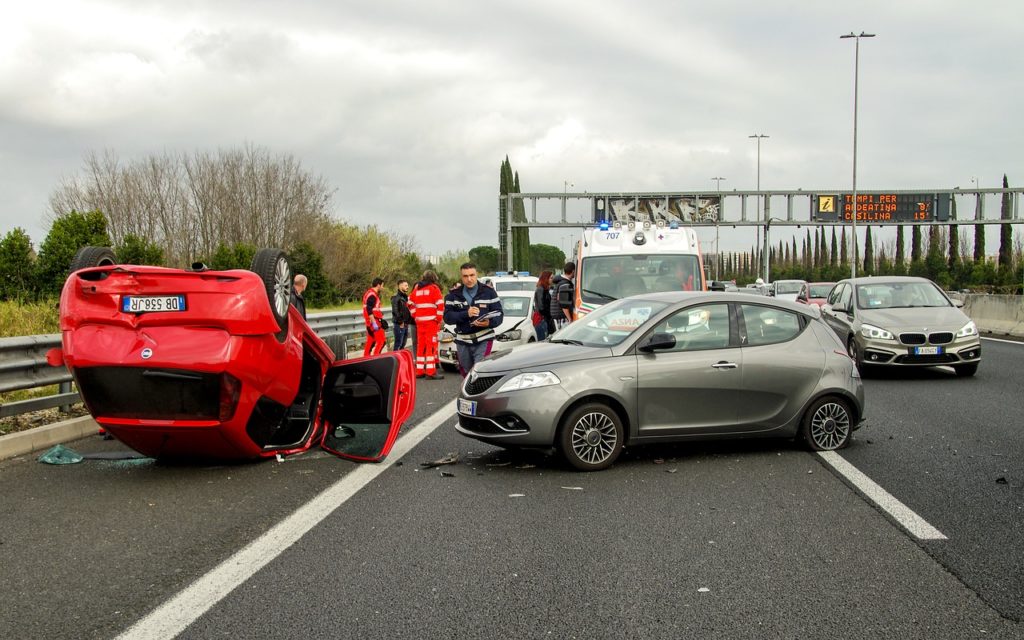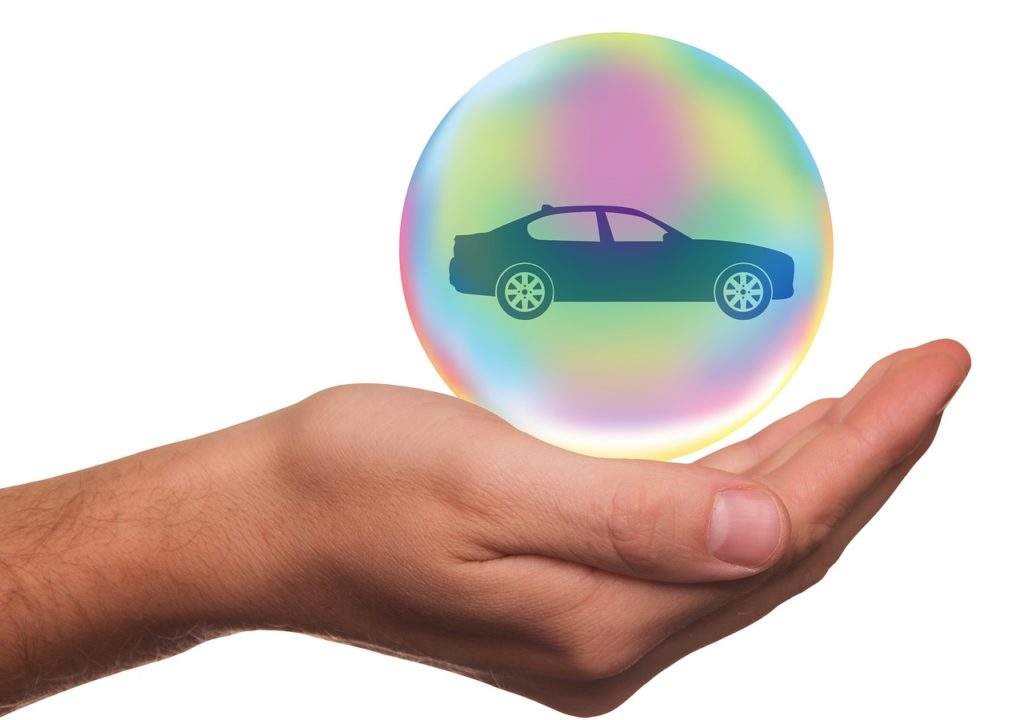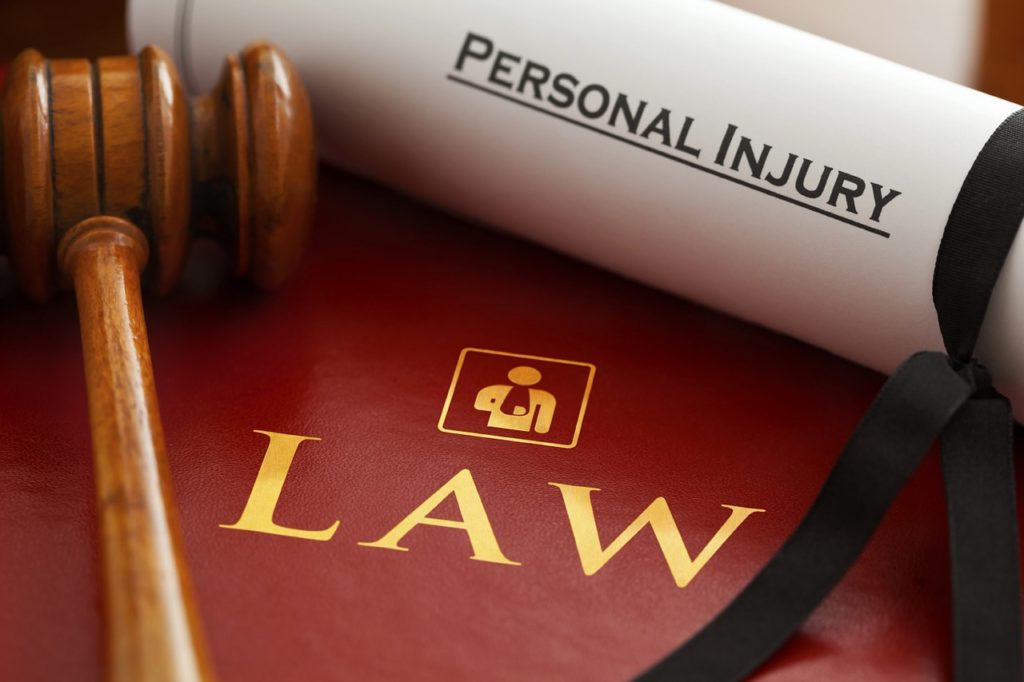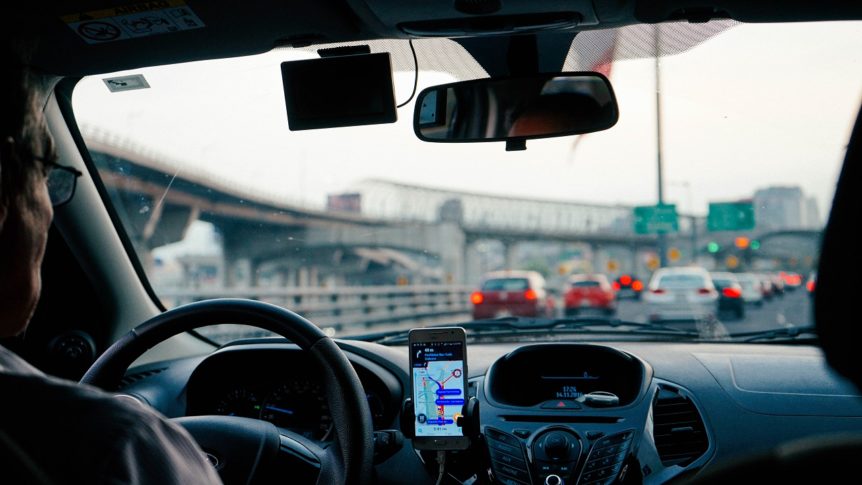If you’re involved in an accident involving an Uber as a passenger, bystander or another driver the whole ordeal has likely left you feeling anxious and confused. Who is financially liable for your injuries? Do you sue the company or the driver? Is the driver even considered a direct employee of the company?
These are questions the average rider never thinks of until something goes wrong. For most people, Uber is a cheap alternative to getting around the city. It’s warm-up or wind-down to a night out on the town with friends.
Unfortunately, the more popular ride-sharing apps get, the more frequent their road-related accidents become. This post explores what happens after you get hurt in an Uber-related crash and why it’s so hard to sue Uber for damages.
Can You Sue Uber for an Accident?
This is the first question that plagues the mind of anyone who’s been involved in an accident that involves an Uber. After all, it only makes sense given the huge profits the company is minting from its presence in numerous counties across the globe.
They should bear some level of responsibility especially if they didn’t take adequate measures to properly screen the driver in question. So, now you’re wondering: Can I sue Uber?

Well, the answer to this question is: No. You can’t sue Uber if you get into a crash involving one of their vehicles. Uber has gone to great lengths to ensure that they are not liable for the negligence of their drivers. If they did, it is entirely likely that they would have gone under a long time ago.
Ride-sharing companies almost always classify their drivers as independent contractors. This means that they are not considered direct employees of the company so they can’t be held responsible for the negligent actions of their drivers.
This effectively shields them from any Uber driver lawsuit that would ensue as a result. They’ve gone to great lengths to keep it that way despite the $100 million settlement it paid to approximately 385,000 drivers in the now-famous Uber lawsuit independent contractor class-action suit.
The drivers wanted Uber to classify them as employees and not as independent contractors. Unfortunately for the drivers in question, part of the Uber lawsuit settlement deal was that they would continue to be classified as independent contractors.
It’s not all doom and gloom, though. Pursuing a lawsuit against Uber doesn’t just have to come down to you against the driver, and their personal insurance policy. There are more options you can explore.
Uber Insurance Coverage: The Facts
Aside from the driver’s personal insurance policy, Uber requires that its drivers take out their own auto insurance policy. They also require additional supplementary covers to protect both the drivers and external parties in the event of an accident. This negates any current lawsuits against Uber.

For this reason, they usually have three layers of insurance coverage in place (four if you consider the driver’s personal insurance cover) to mitigate against such an eventuality. The layer that comes into play depends on what stage of the ride the crash occurred. Here’s how it works.
- If you were involved in an Uber-related crash at a time when the driver wasn’t on call or had the app turned off, then the damages you can go after, are limited to their personal insurance policy.
- If the Uber driver had their app on “driver” mode but didn’t have a passenger on-board at the time of the crash, then you can go after their liability insurance policy whose compensation structure is as follows:
- Up to $25,000 for accidents that result in damage to property
- Up to $50,000 per person for accidents that result in bodily injury
- Up to $100,000 for total bodily injury
- If the crash occurs between the time a driver accepts a ride request and when the passenger gets on-board, then both the auto-liability cover and the uninsured/underinsured motorist policy coverage of up to $1 million per accident remains in force until the passenger is dropped off. This covers all physical injuries sustained and damage to property that occurs.
Depending on the type of coverage available, you can seek compensation for the injuries you sustain contingent on the damages that exist in your claim. Examples of possible damages include lost wages, medical bills, pain and suffering, etc.
How to File a Lawsuit After an Uber Accident
Just like you would with any car crash incident, you can file a personal injury claim. While you can certainly go through the process yourself, it’s always better to retain the services of an experienced Uber accident lawyer to get you the best outcome possible.

Filing these types of claims requires a significant amount of paperwork and strict adherence to numerous timeframes and deadlines. So, doing it on your own will likely leave you overwhelmed and frustrated.
There’s also the not-so-small issue of dealing with insurance companies. Negotiating with them directly without a personal injury lawyer will more often than not, leave you shortchanged. Contrary to what you may believe, insurance companies don’t exist to help you in times like those.
They’ll always try as much as possible to minimize your claim to pay out as little as possible. So, if your case has lots of moving parts you might end up on the losing end of the suit especially if there were multiple injured parties all going after the same suit.
Get a Personal Injury Attorney to Help
It’s no secret that Uber has gone to massive lengths to ensure that they are not held directly responsible for any accidents involving their drivers. That is not to say, however, that you can’t do something about it especially if the driver was at fault.
If you get injured in an Uber-related accident, get the best personal injury lawyer to get compensation for you. That way, you can focus on your physical and emotional recovery. Speak to an attorney before you file your suit to maximize your chances of getting a favorable result.
If you have more legal questions, you can also chat online with a Laws101.com attorney where you’ll be instantly connected to a lawyer who can give you legal guidance on your specific case or question.
